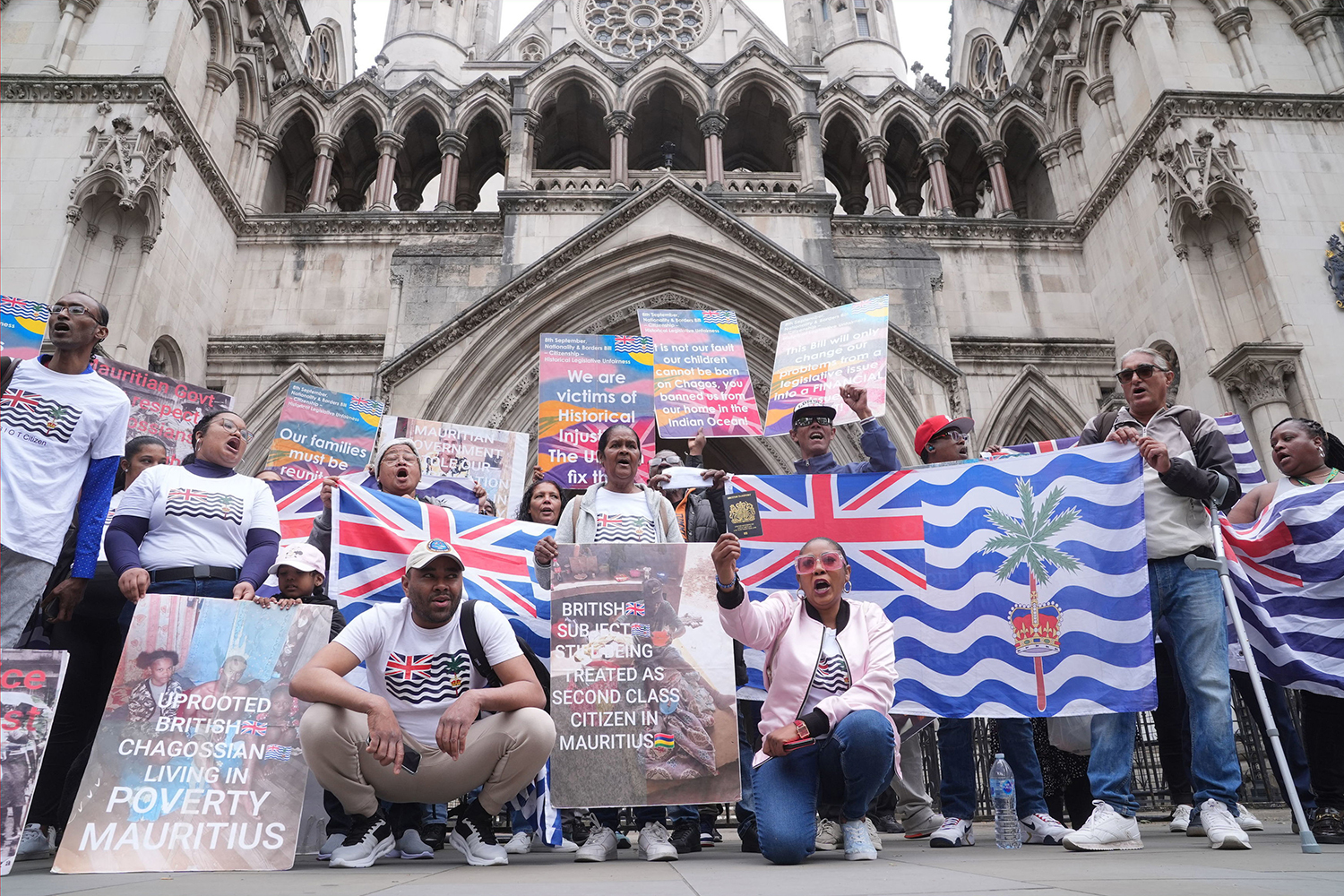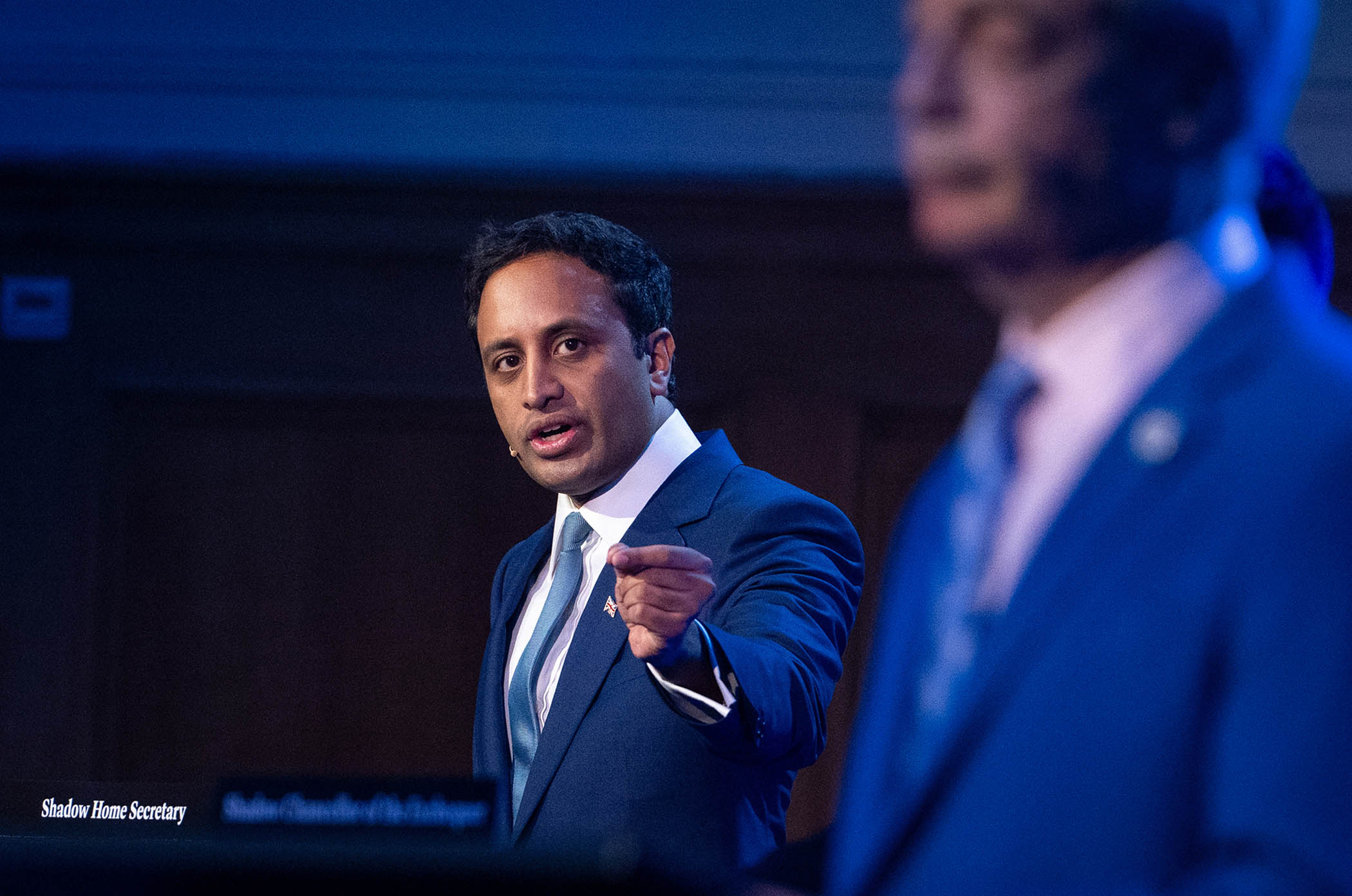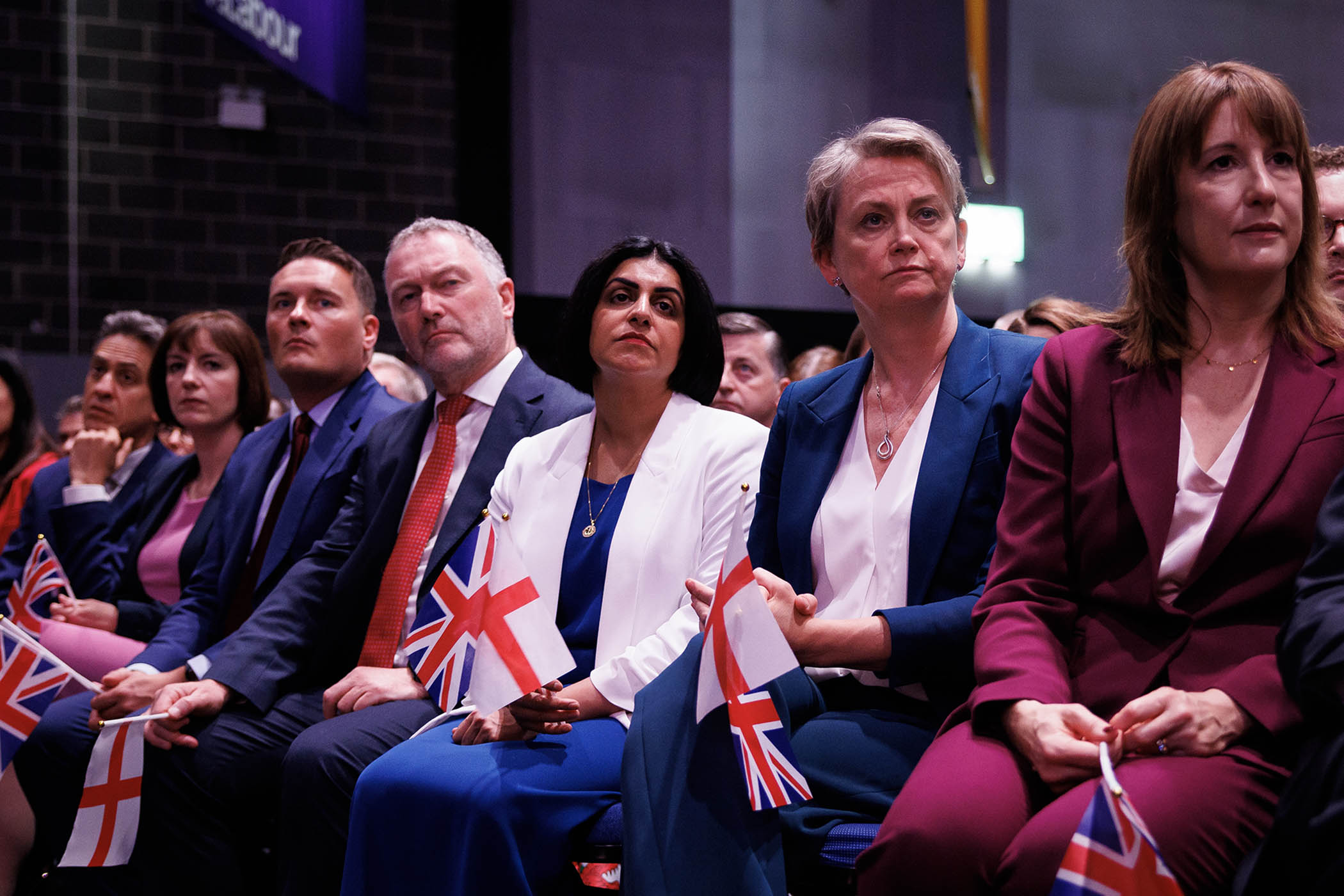The plan to hand the Chagos Islands over to Mauritius was nearly derailed last week by a “pro-sovereign, pro-right” group led by a former deputy leader of Reform.
On Wednesday afternoon, a select group of Labour MPs were given a briefing by Foreign Office minister Stephen Doughty about the plan, which ministers expected to be signed off early the next morning.
What they did not know was that the deal was about to be thrown into disarray – albeit only for a few hours – by a legal challenge whose backers have vowed it will be the first of many.
Although the challenge was fronted by Chagos-born British citizens Bertrice Pompe and Bernadette Dugasse, behind the scenes it was organised and funded by the Great British PAC, a “pro-sovereign, pro-right, pro-democratic” vehicle led by the Conservative activist Claire Bullivant and Reform’s former deputy co-leader, Ben Habib.
Under the Chagos deal, Britain will lease back the UK-US military base in Diego Garcia from Mauritius for £101m annually over the next 99 years. Having thought the deal was on pause, Bullivant received a tip-off on Wednesday it was being fast-tracked.
“I got a call saying we needed to mobilise,” Bullivant told The Observer. “It didn’t give us much time so I spent the whole day pulling it together – I pulled an all-nighter. We have tried our best and we have really embarrassed [Keir] Starmer and [the foreign secretary, David] Lammy, and will keep doing it again and again.”
Bullivant said the PAC – an acronym borrowed from the US, where it stands for political action committee – does not care “what colour rosette people wear”, but its political complexion can be discerned from its membership.
The group’s advisory board includes the former Conservative MPs David Jones and Brendan Clarke-Smith and the Tory peers Daniel Hannan and Stephen Greenhalgh. The former prime minister Liz Truss and ex-home secretary Suella Braverman have also supported the PAC’s campaigns, as has the former Labour MP and leave campaigner Kate Hoey.
PACs are an almost exclusively American phenomenon through which millions of dollars are funnelled into political parties. The Great British PAC describes itself as the first of its kind in the UK. Bullivant said it is following all Electoral Commission rules, although the independent body itself is reserving judgment.
A spokesperson said “PAC” and “super PAC” had no status in UK electoral law and that the commission had approached the group “for a discussion about their planned activities and whether these would be regulated in electoral law”.
Newsletters
Choose the newsletters you want to receive
View more
For information about how The Observer protects your data, read our Privacy Policy
The PAC has so far not been required to declare its donors, but fundraising is under way for further legal action, including what the group calls its “Great repeal programme” to overturn legislation passed as far back as the Tony Blair years. The group is seeking £1.5m for the programme. “With this Chagos case, we have shown what we can do,” Bullivant said. “It’s not the correct result, but we will keep going. It shows we can challenge these things and that’s what we are going to do with the next four years with the Labour government.”
Like many critics, Bullivant rejects the argument that the government would have been required to relinquish control of the islands under international law if it had not acted.
Also on the PAC’s agenda are challenges to Labour’s ban on new oil and gas licences in the North Sea, its move to means-test winter fuel payments “if Starmer doesn’t reverse it” and a range of local issues.
“We don't have to win these cases – we can just tie them up in knots for the next few years,” said Bullivant.
The Chagos case is not the first time the Great British PAC has flexed its muscles. Launching Reform’s local election campaign on potholes, Nigel Farage entered Birmingham’s Utilita arena on a JCB Pothole Pro digger, lent for the event by Lord Bamford, the company's chairman and former donor to Boris Johnson.
Bullivant declines to comment on whether Bamford is now bankrolling the PAC, but says Reform’s pothole policy was its creation and was “floated” to both the Tories and Reform.
The PAC is also behind Reform’s policy of banning non-British flags from public buildings – although Bullivant is keen to stress the group did not suggest banning the Ukraine flag.
This wider pattern of political influence is likely to grow as the word spreads among disaffected Tory donors. Labour is alive to the political risk it poses: during the recent local election campaign, it compiled a dossier highlighting connections between the PAC, Reform and the right of the Tory party.
Bullivant will not say whether the group is funded by a handful of individuals or grassroots supporters, although she insists the money is all from British sources.
“It’s not Elon [Musk]. Even though he is very interested in us, and has tweeted about us, we’ve not had a penny from Elon.”
This article has been updated since publication
Photography by Yui Mok/PA Wire



